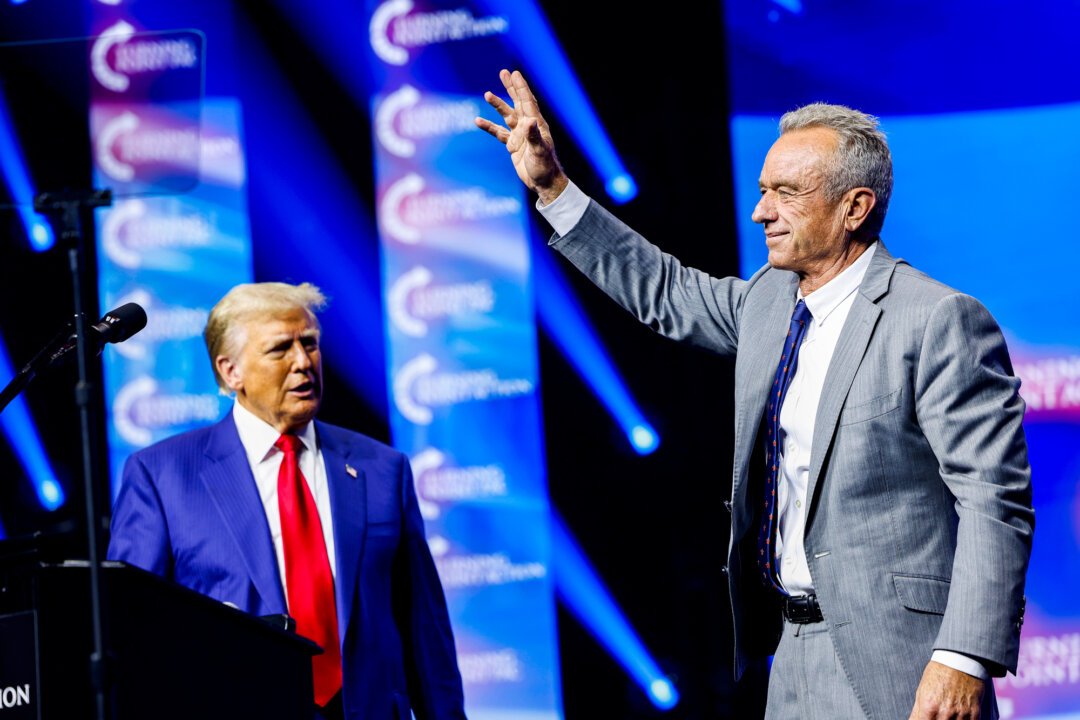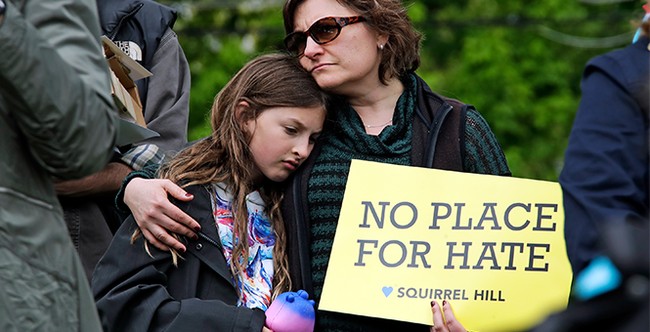On April 1, the University of Nebraska-Lincoln Faculty Senate adopted a resolution urging university leadership to join the Big Ten Mutual Defense Compact, in which schools would “meaningfully contribute” to legal defense in case the Trump administration targets any participating institution. The need for such a pact is unprecedented, but the threat is real. The Trump administration has withdrawn millions in research funding from universities deemed “too woke” and is dismantling the Department of Education — endangering programs like Pell Grants that support low-income students.
But this issue is about more than Trump. It’s about preserving the long-standing partnership between universities and the federal government that has made the U.S.

a global leader in science, innovation and education. This partnership was forged during World War II, when the government invested in academic research to support the war effort. Our public universities became engines of discovery, economic growth and upward mobility.
Undermining that relationship now would be not just shortsighted, but deeply damaging to our nation’s future. People are also reading..
. Originally from Lincoln, I recently joined the University of Michigan as a faculty member. Based on its reputation as a leader in diversity, equity and inclusion, I expected to find the so-called “woke agenda.
” Instead, I found a community committed to free, respectful discourse. My experience is not unique: A recent American Association of Colleges and Universities (AAC&U) national survey found that 93% of faculty encourage open dialogue and value diverse viewpoints. My family still lives in Nebraska, and most of them are conservative.
Although I have become more liberal over time, I continue to believe that our college campuses should be strongholds of free, respectful discourse between people with wide-ranging viewpoints. At Michigan, I have not seen conservative voices silenced — but I have seen how Trumpism has created a chilling effect. That same AAC&U survey found that over a third of faculty reported declining academic freedom since Trump’s second election.
During my first semester, I witnessed the University of Michigan at its best: an intellectually stimulating environment where diverse viewpoints are welcomed and encouraged. Yet, now the campus is eerily quiet. People are scared.
We risk losing the innovation and openness that define public higher education. Universities must remain places where people from different backgrounds and beliefs engage in civil, inquisitive debate. When done well, this doesn’t create division — it prevents it.
The critical thinking skills we teach are vital in an era of misinformation. In my health psychology course, students learn how to evaluate evidence, find credible sources and engage thoughtfully with opposing ideas. These skills are crucial not just for academic success but for a functioning democracy.
As a professor and clinical psychologist, I teach, conduct research on the brain-immune system connection, supervise graduate student clinicians and see patients. These roles are interconnected: Students hear about my research findings and anonymized clinical cases, and high-performing undergrads often join my lab. This interwoven education model is rare — and it depends on reliable funding.
If university research budgets are slashed, we may return to the austerity of the COVID-19 era, when only essential instruction remained. Innovation will stall. Students will suffer.
And if research shifts to the private sector, profit — not truth — will drive discovery. That’s a far greater threat to the pursuit of truth than any perceived ideological bias. Yes, most faculty lean liberal.
But the dominant aim in higher education is not to indoctrinate; quite the opposite — it’s to teach students how to think critically. If we are genuinely concerned about indoctrination, we should protect and invest in universities — not dismantle them. Higher education isn’t just a political battleground — it’s the foundation of national progress, civil dialogue and the search for truth.
Let’s not only protect it; let’s keep aiming higher. Madison Dr. Annelise Madison grew up in Lincoln, attended Norris High School and ultimately received her Ph.
D. in clinical psychology from the Ohio State University. She is now a first-year tenure-track Assistant Professor of Clinical Science at the University of Michigan.
The views expressed in this piece are her own and do not necessarily represent the views of the university. Catch the latest in Opinion Get opinion pieces, letters and editorials sent directly to your inbox weekly!.
Politics

Local View: As a Nebraskan, I can’t find the woke agenda

On April 1, the University of Nebraska-Lincoln Faculty Senate adopted a resolution urging university leadership to join the Big Ten Mutual Defense Compact, in which schools would “meaningfully contribute” to legal defense in case the Trump administration targets any participating...















